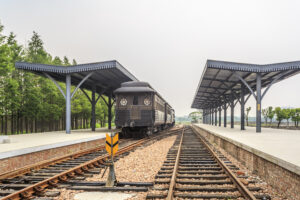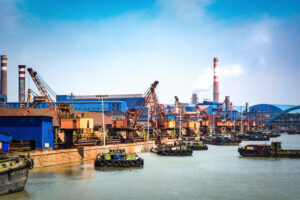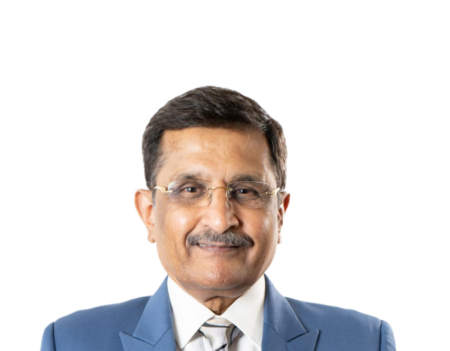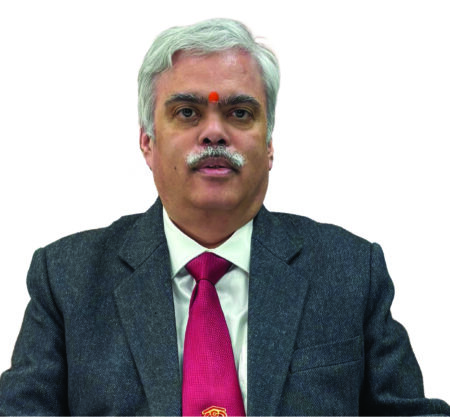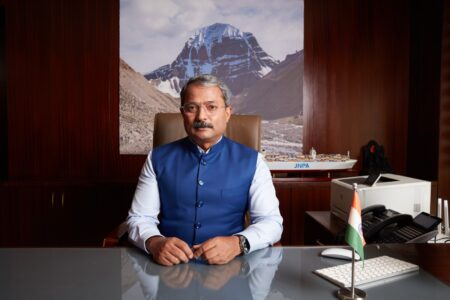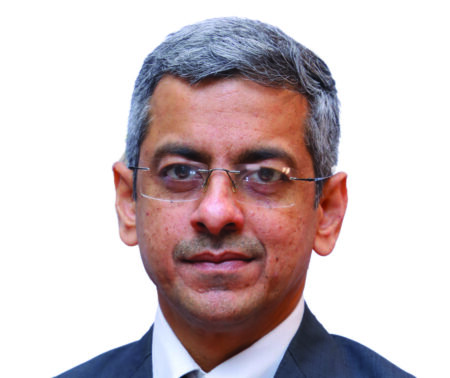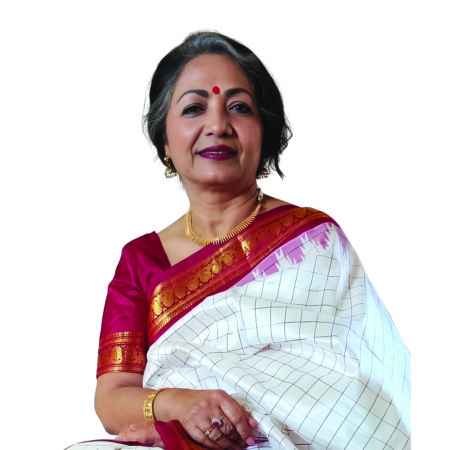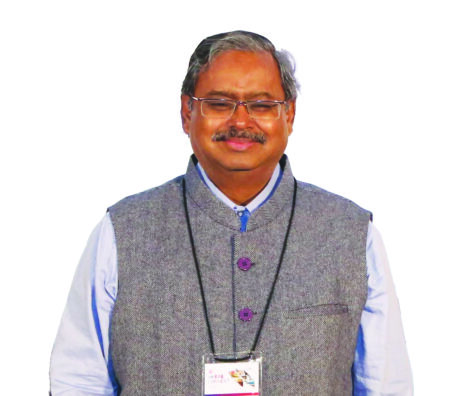Through decades of experience and a body of work marked by technical clarity and strategic insight, H.N. Aswath has made enduring contributions to India’s port development strategy, driving capacity expansion, policy execution, and global collaboration across the maritime sector.

He modernised port logistics with unmatched precision and foresight
As Development Adviser (Ports) in the Ministry of Ports, Shipping and Waterways (MoPSW), H.N. Aswath’s leadership stands as a cornerstone of India’s evolving maritime strategy. His extensive career spans critical appointments within the Ministry of Agriculture, national research teams, and operational leadership as Chief Engineer at New Mangalore Port.
His foundational work helped mechanise container terminals, develop LNG berths, and upgrade fishing harbours, all of which laid the groundwork for transformative improvements in port efficiency and capacity. His integrated approach treats each port not merely as a trade node, but as a central artery in the country’s logistics framework.
Infrastructure advocate
Aswath consistently emphasises that adequate port and waterway capacity is not just essential; it is foundational to meeting national trade goals. His professional philosophy relies on structured planning, oceanographic data analysis, and economic assessments of traffic and hinterland connectivity.
He champions the GatiShakti National Master Plan, which leverages GIS technology and infrastructure mapping to build multimodal transport networks. His contributions help ensure that each planning decision supports long-term economic resilience and efficient cargo movement.
Project appraisal expert
Decades of leadership reshaped India’s maritime trade foundation
Among Aswath’s most challenging and impactful responsibilities has been the technical appraisal of mega port projects. He played a decisive role in evaluating proposals for the fourth container terminal at Jawaharlal Nehru Port, the large-scale container terminal at Chennai Port, and channel deepening at Paradip Port.
These assignments required navigating complex data sets, anticipating technical challenges, and balancing financial and operational feasibility. His involvement in drafting national dredging guidelines and promoting sustainable dredging strategies further illustrates his commitment to high-performance, environmentally responsible infrastructure.
Operational Strategist
With India’s major ports handling nearly 750 million tonnes of cargo annually, Aswath’s mandate includes ensuring that infrastructure keeps pace with trade volumes. Under schemes like Sagarmala, he oversees design evaluations, execution timelines, and safety standards for projects that connect ports to their hinterlands.
His vision is inclusive and practical. He has often cited examples like apple growers in Kashmir, highlighting the need for efficient, multimodal connectivity that allows rural producers to access global markets through ports in Mumbai, Kolkata, or Chennai. His perspective helps ground policy in real-world logistics challenges.
Growth architect
India’s journey from 280 million tonnes in port capacity in 2000 to over 1,617 million tonnes today reflects focused investment, agile planning, and coordinated execution. Aswath’s contributions have been central to this transformation, which involved both public-sector initiatives and private investments totalling more than ₹4 lakh crore.
Inland waterways are another area of progress under his guidance. From a modest 30 million tonnes of cargo movement in the early 2000s, these corridors now handle 120 million tonnes annually. More than 20 National Waterways have become operational, offering a sustainable and cost-effective alternative to traditional transport.
International collaboration champion
Recognising the value of global expertise, Aswath has been at the forefront of international maritime collaboration. He helped organise major events such as the 2023 global conference in Mumbai, attended by delegates from over 50 countries. These engagements led to the signing of multiple MoUs and an estimated ₹1 lakh crore in foreign investment prospects.
His outreach spans smart port development, advanced dredging technology, and shipbuilding collaborations. Nations like Norway, Belgium, and the Netherlands, renowned for their maritime capabilities, have shared best practices through these forums. Under his leadership, India continues to position itself as both a reliable partner and a competitive global player in maritime innovation.
Port ecosystem visionary
Aswath has been closely involved in planning upcoming mega projects like Vadhvan Port, projected to be among the largest globally. With a draft depth of 20 meters and a container capacity of 20 million TEUs, the port will significantly reduce India’s reliance on transshipment hubs in Singapore and Colombo, bringing strategic control closer to home.
He also supports plans to develop a major port in the Andaman and Nicobar Islands. This port is intended to enhance connectivity across Southeast Asia and position India as a regional logistics anchor. For Aswath, each port is an ecosystem, requiring end-to-end coordination from design to last-mile delivery.
Cultural Connoisseur
Beyond technical mastery, Aswath is known for his diverse personal interests. He finds inspiration in the autobiographies of global thinkers and enjoys singing across languages, participates in debate forums, and performs traditional Indian dances. These pursuits not only reflect his cultural depth but also contribute to his holistic leadership style.
His ability to balance work with creativity and reflection makes him an exemplary figure, combining intellect, discipline, and empathy. It is this thoughtful presence that has earned him the reputation of being both an expert and a mentor within policy circles.
Legacy of impact
As India prepares for its next wave of maritime expansion, Aswath’s legacy is visible in its policy frameworks, infrastructure benchmarks, and global positioning. His work transcends individual projects, laying systemic foundations that will benefit future generations of engineers, policymakers, and port planners.
He remains a crucial voice in India’s maritime advancement, a leader whose contributions are shaping how the country thinks about ports, logistics, and global trade. With every blueprint reviewed, terminal designed, and conference led, Aswath continues to anchor India’s growth in quiet excellence.

